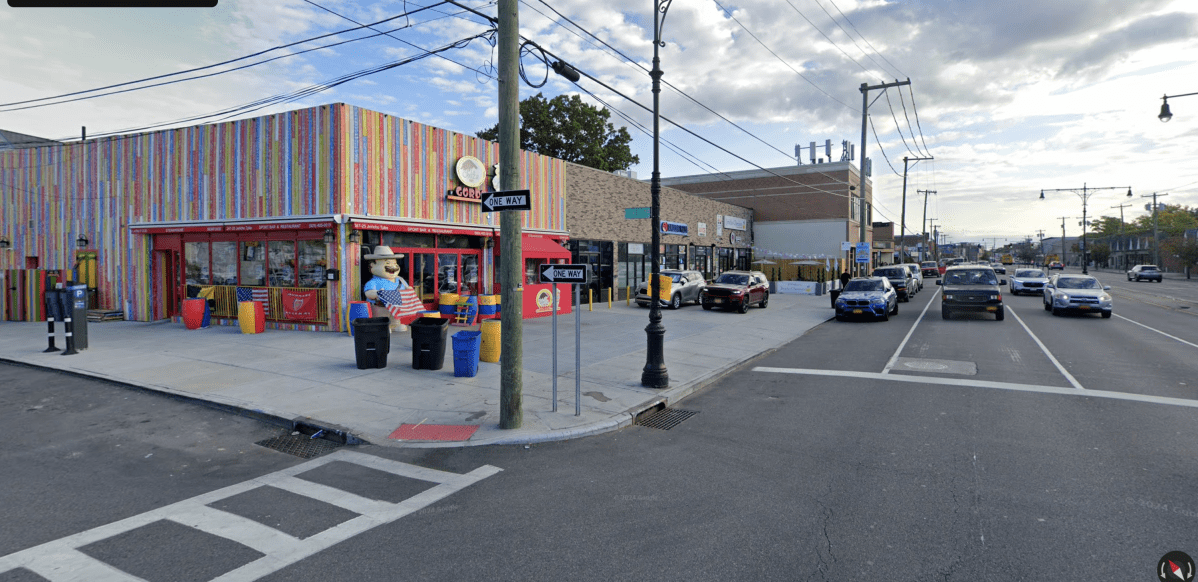A personal check is a slip of paper that is linked to your checking account. On the check, you write an amount of money and the name of a recipient who will receive that money.The check is a promise that the moneywill be there when the recipient redeems it, whether hours, days or weeks later. Checks arelike slow-motion debit cards, which is why they can seem out of date. That doesn’t mean you should chuck your checkbook into the trash can. You might need to write a check occasionally, and doing so has its pros and cons.
Are personal checks useful?
They certainly can be, because some transactions still require checks. For instance, landlords may insist that tenants pay rent with checks, and somesmall businesses don’t accept credit or debit cards. If you prefer to stay disciplined with your spending, checks or cash can also be a better choice than plastic. »MORE:How to write a check
Prosof personal checks
You avoid conveniencefees.Some businesses, including many property managers, charge convenience fees for electronic payments. Payments via paper checkare usuallyfree.
They haveold-school security.If your wallet or purse is lost or stolen, you can kiss your cash goodbye. But banks and merchants still require a signature on every check, and cashiers are typically required to check customers’ IDs to verify thatsignatures are legitimate. It’s an offline option.According to the Pew Research Center, 13% of all U.S. adults don’t use the internet. Paying bills with a check is much easier for these consumers than paying in person with cash. Cons of personal checks
Checks cost money.Paying with a check can help youavoid convenience fees, but you usuallyhave to pay for your actual checks, and you’ll definitely have to shell out a few bucks each month for envelopes and stamps if you use checks to pay bills by mail. Try finding a checking account that offers a free first box of checks, which some of the best checking accountsdo. Processing takes longer.Cash, credit,debit or smartphone transactionsprocess fairly quickly. And you can check your accounts immediately after the purchase to know how much you have left to spend. But check payments aren’t posted to your account until the recipient cashes the check. If you forget to log a payment or miscalculate your remaining balance, you could overdraw your account. Writing them is inefficient.Imagine you and afriend simultaneously enter separate checkout lines at the store. Hers is for customers paying withcash and yours isfor those with checks. Chances are good your friend willbe waiting in the car for awhile before you finish writing your check. Checks can be convenient
If your checking account offersfree checks, you mightas well order a batch. And even if it doesn’t, it might be handy to have some available, but don’t overpay for them.That may mean ordering them fromsomewhere other thanyour bank or credit union. Tony Armstrong is a staff writer at NerdWallet, a personal finance website. Email: tony@nerdwallet.com. Twitter: @tonystrongarm. Updated March 23, 2017.
The article What Is a Personal Check — and Is It Still Useful? originally appeared on NerdWallet.























